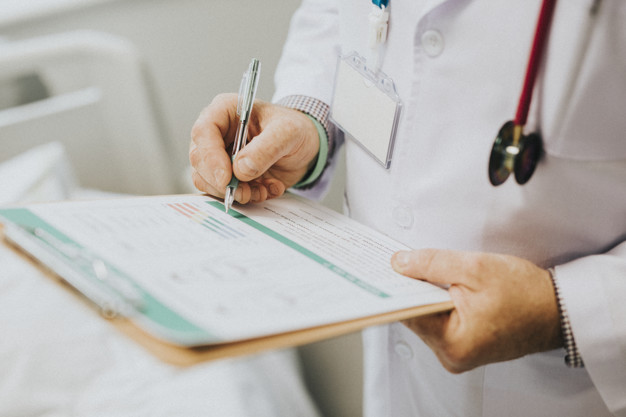What is Dual Diagnosis?
Dual-diagnosis treatment often addresses both mental health and addiction. Dual diagnosis therapy lays a firm foundation for long-term health and wellness by addressing both disorders simultaneously. Mostly, when the patient’s mental health has been restored, they progress on to addiction recovery for their substance. Substance addiction sometimes worsens the symptoms of a mental health illness, making it more difficult to effectively manage both disorders. Those with a dual diagnosis often use substances to help them cope with the symptoms of both conditions. However, this is not the right approach to mental health disorder management; a professional dual-diagnosis program is necessary for optimal results.
How To Identify the Signs and Symptoms of Dual Diagnosis?
A wide range of symptoms may be present when a person is struggling with addiction and mental health difficulties. Some things to ask yourself if you suspect you have an illness that requires a dual diagnosis are as follows:
- Am I using drugs and alcohol to feel normal? Most people turn to drugs as a means of escapism or euphoria in order to feel normal. If this describes you, your addiction may be the result of a mental health problem.
- Am I experiencing extreme mood outbursts? A person’s underlying mental disorder is frequently made worse when they alter the quantity of a drug they are consuming. You are probably suffering from a dual diagnosis if you are experiencing mood swings, particularly while attempting to reduce your drug use.
- Is there a mental illness history in my family? It is difficult to determine the underlying genetic causation of mental disease. Nonetheless, several studies show that the offspring of parents with mental illness are likelier to have the mental disease. You are probably suffering from a dual diagnosis if you are struggling with addiction and have a mental illness history in your family.
- Do you find it difficult to deal with responsibilities that other people in your life appear to handle with ease? Dual-diagnosed patients often struggle to juggle professional, familial, and social commitments.
There are probably other signs that can be included here as well. But, if any of the above descriptions fit you or somebody you care about, it may be time to seek help from a facility like Taylor Recovery Center.
Seek Help from Our Expert Mental Health and Addiction Specialists Through Our Coordinated Dual Diagnosis Treatment.
At Taylor Recovery Center, you will undergo a thorough evaluation by drug addiction and mental health professionals to establish which dual-diagnosis treatment option is right for you. Our experts at Taylor Recovery Center consider a patient’s medical history in addition to any family history of mental illness or addiction while determining the best course of therapy. Please get in touch with an admissions staff at Taylor Recovery Center right now to find out how our drug addiction programs may assist you in overcoming and managing your comorbidity. Get in touch with us now to discuss how our addiction treatment services can benefit those dealing with a dual diagnosis.

